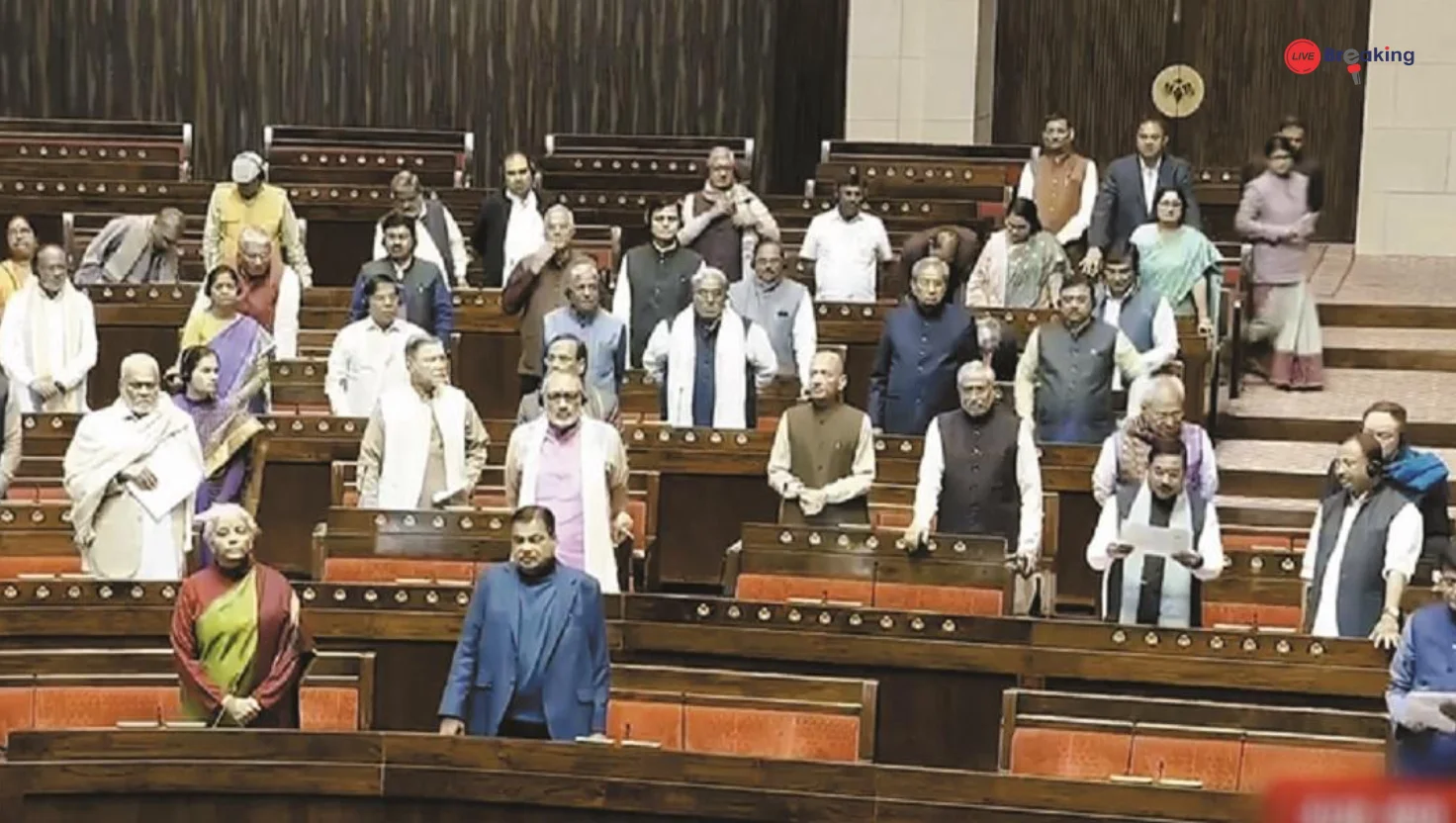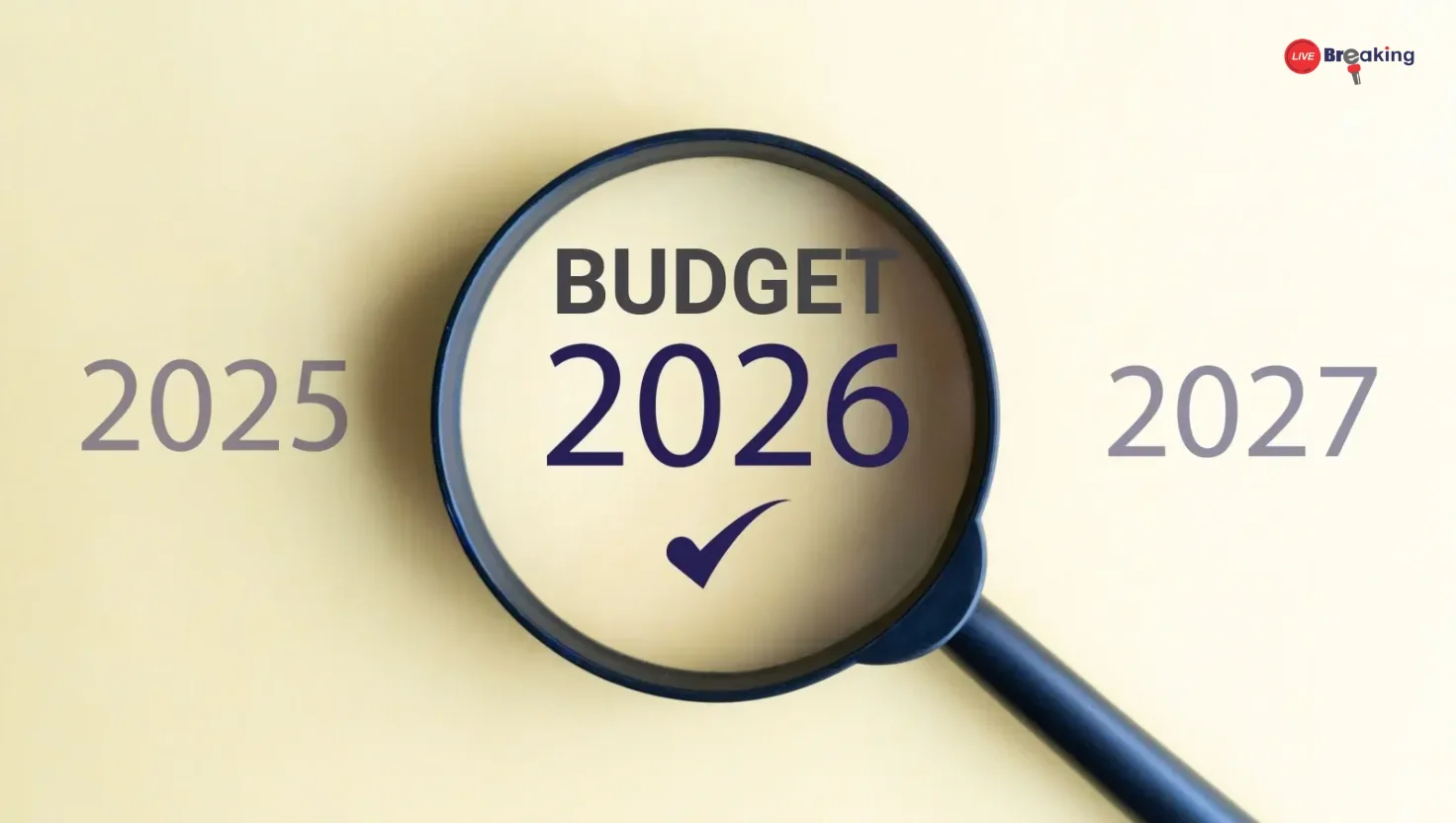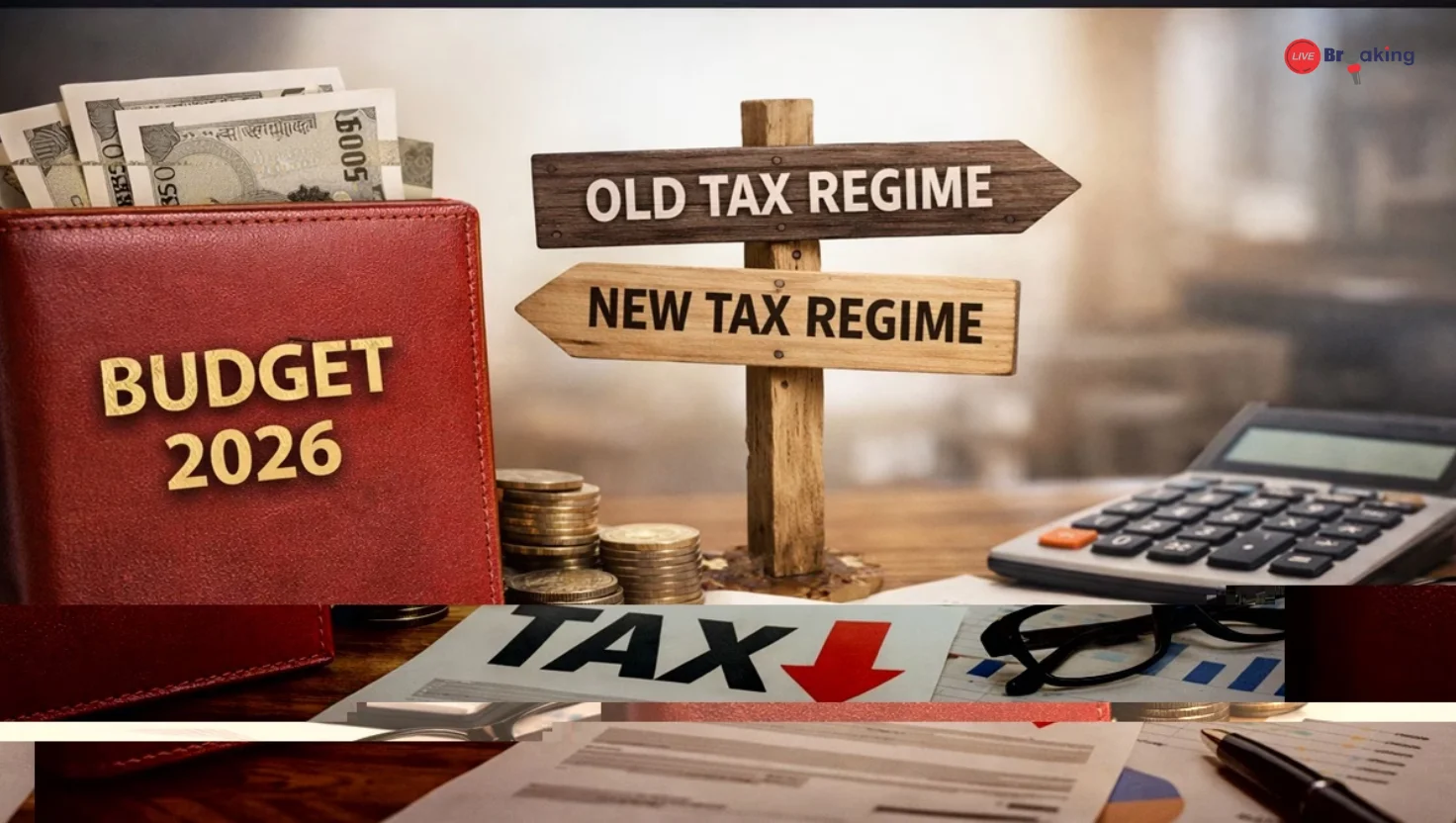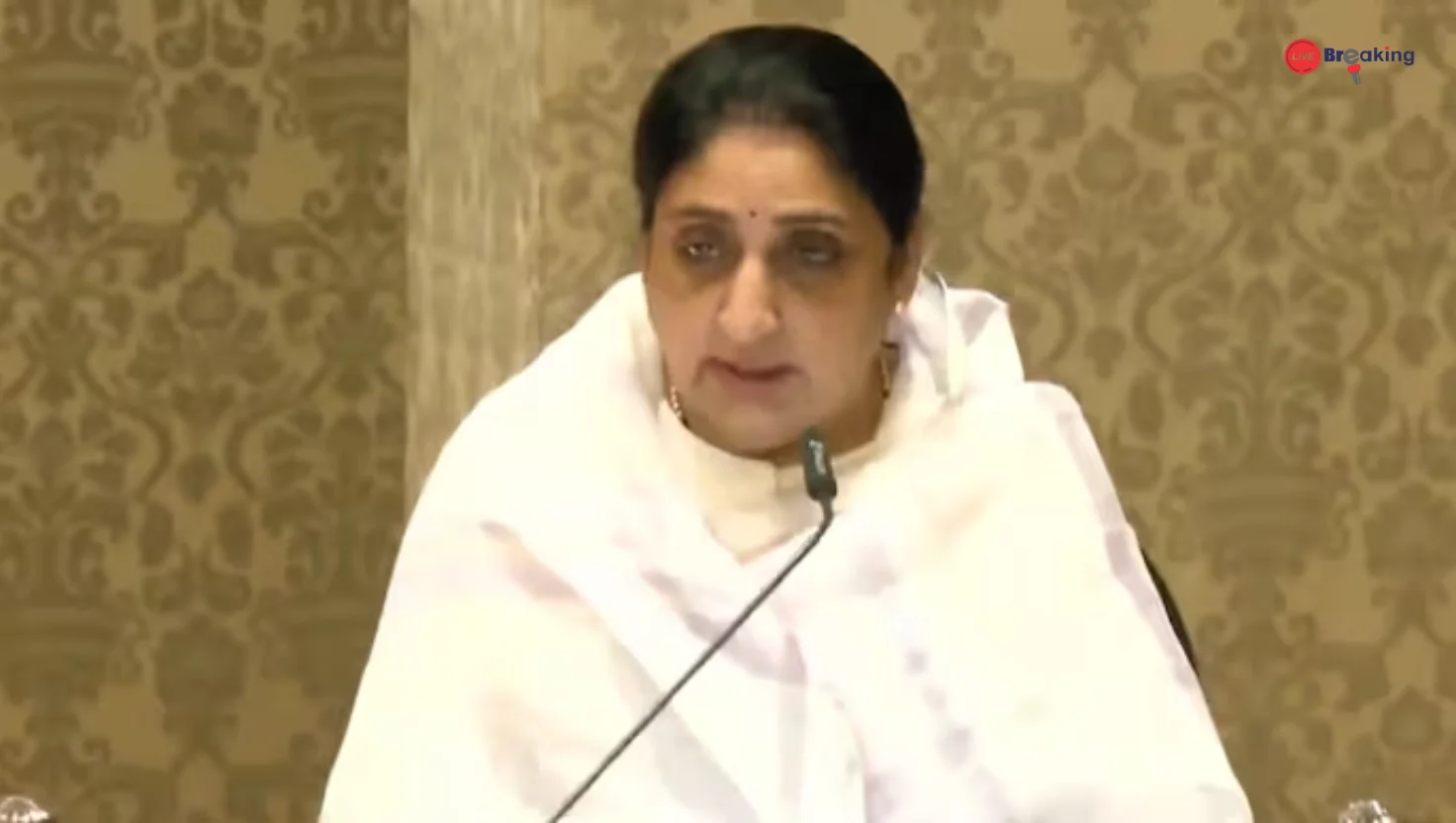Return To US Within 24 Hours, Don’t Leave’: Meta, Microsoft To H-1B Visa Holders
The H-1B visa, often described as the lifeline of America’s tech industry, has once again found itself at the center of turmoil. In a sudden and urgent move, leading technology companies Meta and Microsoft have reportedly instructed their H-1B visa-holding employees to return to the United States within 24 hours and avoid international travel altogether. The directive, seen as a precautionary response to mounting immigration-related concerns, has sent waves of anxiety across the global tech workforce.
A Shockwave for Skilled Workers
The H-1B visa program has long enabled U.S. companies to employ highly skilled foreign professionals, particularly in engineering, data science, cloud computing, and artificial intelligence. However, the fragile nature of the visa often leaves workers in limbo. With even minor policy shifts or procedural delays, employees risk losing their right to work or re-enter the country.
By urging H-1B employees abroad to return immediately, Meta and Microsoft have signaled that the environment for travel and re-entry may be more uncertain than ever. For many workers currently outside the U.S. visiting family or attending business meetings, the order came as a jolt, forcing them to cut trips short and scramble for flights back.
The Risk Behind the Recall
For H-1B visa holders, international travel has always carried a layer of uncertainty. Routine consular delays, sudden administrative reviews, and shifting immigration regulations can derail re-entry. In recent months, however, the concerns appear to have intensified. Reports suggest that heightened scrutiny at U.S. ports of entry and prolonged visa stamping delays abroad may be triggering corporate caution.
The tech giants’ directive is not only about minimizing disruption but also about protecting their workforce from becoming stranded outside the U.S. Employees caught overseas during a sudden regulatory shift could lose both their work authorization and employment status.
Impact on Families and Careers
The sudden recall has personal as well as professional consequences. Many H-1B workers maintain close family ties abroad, often traveling for weddings, illnesses, or festivals. With the new advisory, employees are forced to reconsider such travel altogether. Families too are left in distress, as visa-dependent spouses and children may find their mobility restricted.
Read more: Bigg Boss 19: Gaurav Khanna Reveals His Wish to Be a Father, Says Wife Isn’t Ready Yet
Moreover, workers who had planned to transition into new roles, attend training abroad, or collaborate on international projects are now left in limbo. For many, the uncertainty around immigration status feels like a constant shadow over career growth and stability.
Corporate Calculations
For Meta and Microsoft, the move reflects a pragmatic business calculation. The companies rely heavily on global talent pools, particularly from India and China, to drive innovation and competitiveness. Any disruption to this workforce directly impacts product pipelines and customer commitments. By ensuring H-1B holders remain in the U.S., the firms aim to safeguard operations against unpredictable immigration headwinds.
Interestingly, this corporate stance also highlights the degree of dependence American tech firms have on foreign professionals. It underscores the need for comprehensive reform to provide more stability for these workers who contribute significantly to the U.S. economy.
Growing Calls for Reform
The incident reignites long-standing debates about the H-1B system. Critics argue that the visa leaves workers vulnerable, tying their fate to employers and exposing them to sudden risks. Advocates, on the other hand, point to the immense value these workers bring, not just to tech companies but to the U.S. economy as a whole.
Industry leaders have repeatedly called on lawmakers to modernize the system, streamline processes, and reduce uncertainty. Yet, reforms remain slow and contentious, leaving skilled workers navigating a system fraught with unpredictability.
Looking Ahead
For now, H-1B employees at Meta and Microsoft face immediate pressure to comply with the recall, prioritizing visa security over personal or professional plans abroad. The episode is yet another reminder of the precarious position these skilled professionals occupy—highly sought after by American companies but perpetually vulnerable to shifting immigration winds.
Until systemic reforms are put in place, directives like these may become the norm rather than the exception, leaving workers to live under the constant cloud of “what if.” For the thousands of talented minds who fuel America’s innovation engine, stability remains a hope deferred.












